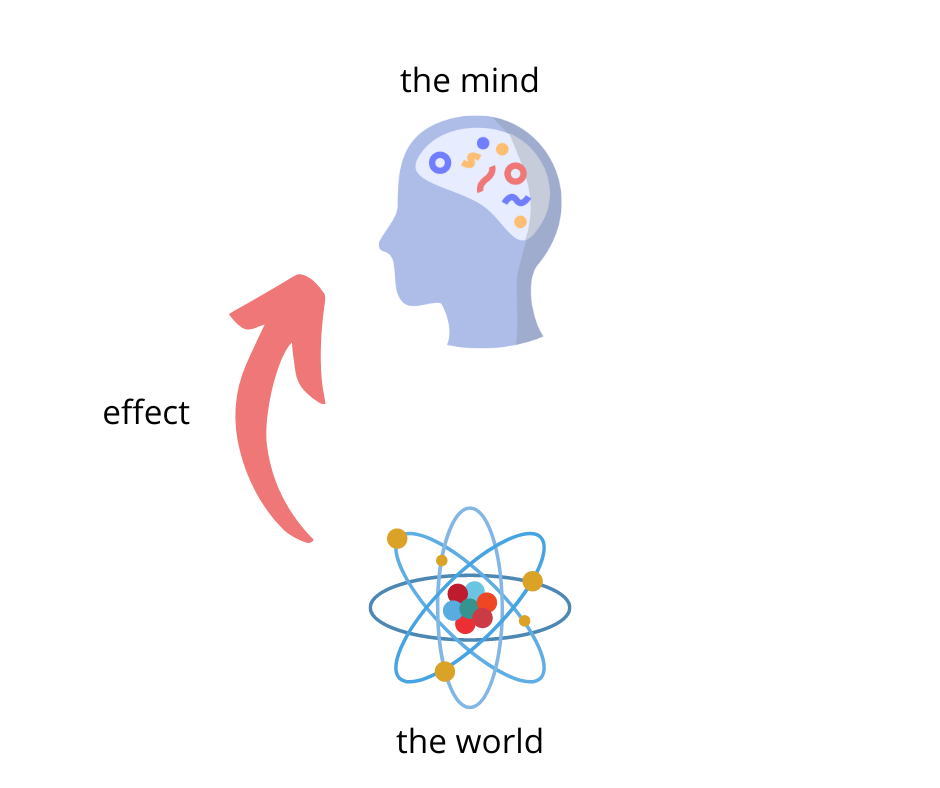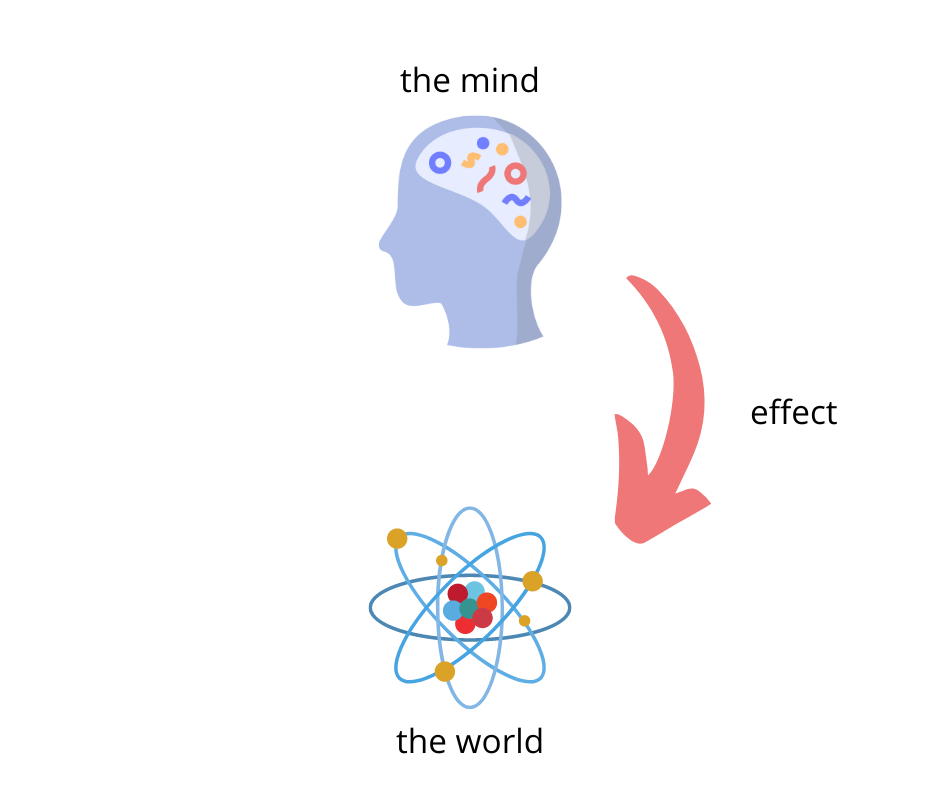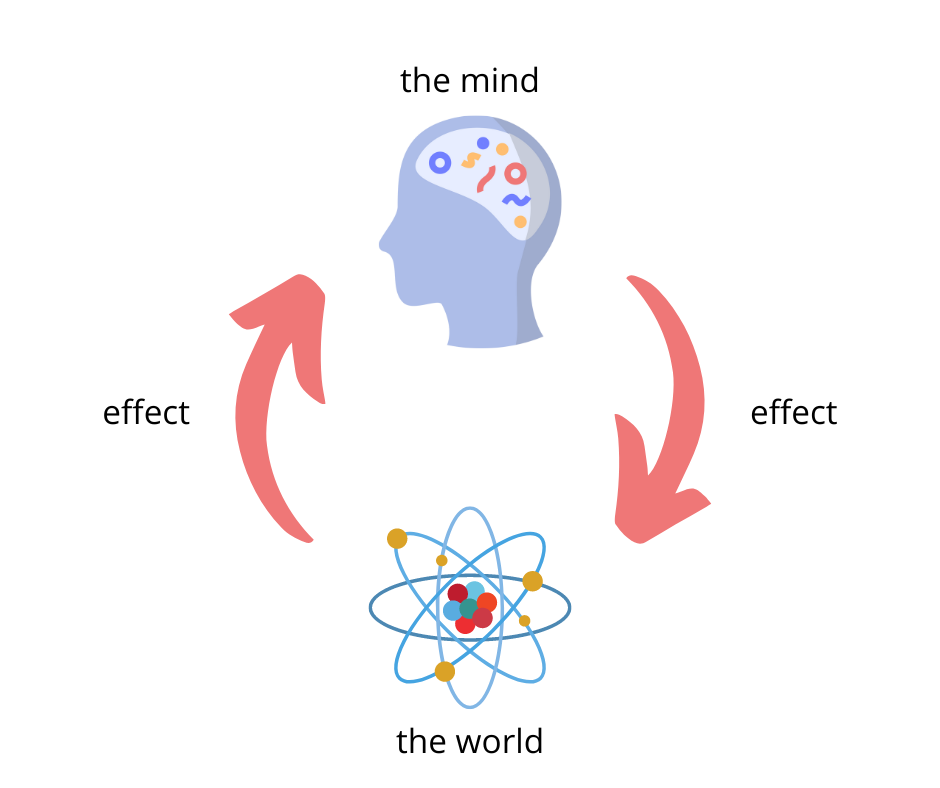Reclaiming Belief in Thought
4 Aug 2022
We do not believe in thinking any more. We believe that every thought and resulting action is the unavoidable outcome of causal processes far outside of our control. Genes, upbringing, what food you had, the cosmic rays bombarding your brain etc.
If we do something good, there is nothing to take credit for. We were destined to do this good by these inscrutable causal processes. If we do something evil, likewise our actions were preordained.
In this modern view the causal processes that determine our actions and thoughts are not even theoretically possible to have any say over. If you somehow avoid an outcome that seemed near certain, that too is the result of another set of processes that, yet again, are fully outside of your control.
It is not difficult to see how the view presented above leads to nihilism and apathy. Yet it is difficult to dismiss it since at some level it is true.
However to get out of the hole that we find ourself in as a species, we need to establish an alternative view of the mind. There are many problems that we need to solve urgently, and the first step towards a solution is to reclaim the belief that our thoughts matter.
The good news is that there exists an equally logical and much more useful world view that I advocate we adopt.
The world-mind causality loop
First off, let us acknowledge that the deterministic view of humans is at some level correct. We truly are the result of every particle’s state leading up to this point. Put in another way, the world does fully determine what we think and do.

However it is equally true to say that our thoughts affect the physical world. I decide to pick up a glass of water, it moves through space. Someone else designs a new type of rocket, it comes into existence.
For the moment let us resist the reflexive urge to point out all of the processes leading up to those decisions. At this stage we just acknowledge that the mind (however you define its boundary) can affect the physical world.

The external world affects the mind. The mind affects the external world. Both of these statements are true and together they create a causal loop.

In the world-mind causal loop the deterministic view of humans implicitly selects the world as the starting point. However starting with the mind is not only an equally logical choice, but it also solves an important contradiction that otherwise arises.
Solving contradictions of the deterministic world view
There exists research showing that a belief in free will positively correlates with career success. I think few will find this surprising as we can all intuitively grasp how a belief in self-agency will increase the amount of effort one puts into decision making and follow through on actions.
However in the deterministic view of the mind, free will is merely an illusion. A useful illusion perhaps, but an illusion nonetheless.
And herein lies the contradiction. We cannot claim that a phenomena which has a measurable effect on physical reality is an illusion. To call it so is to wrangle definitions to fit a pre-determined outcome (i.e. that humans have no free will).
When we select the mind as the starting point we do not run into this issue. In that scenario it follows naturally that our thoughts lead to actions, and these actions will influence the physical world.
Selecting the useful truth
Let us not forsake the human mind. Let us choose the truth that gives us agency and empowers us to solve the many problems we urgently need to solve.